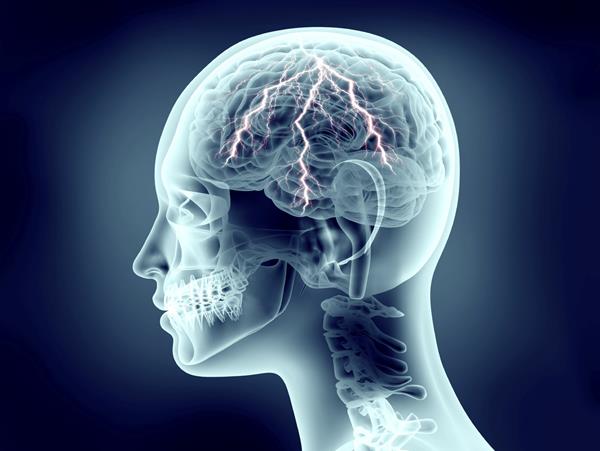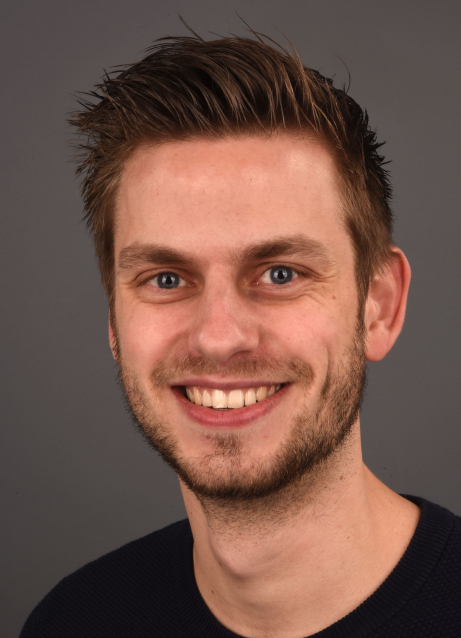Origin of most epilepsy cases explained
In 80 percent of cases, epilepsy is caused by low-grade tumours, malformations of cortical development, or sclerosis (hardening) of the hippocampus (the area of the brain that plays an important role in storing information in the memory).
That is evident from the data about almost 10,000 patients who underwent epilepsy surgery that was analysed by a consortium of 36 European research centres. The Academic Centre for Epileptology (ACE), a collaboration between Maastricht UMC+ and Kempenhaeghe, is one of the centres involved in the research. The research, coordinated by the European Epilepsy Brain Bank (EEBB), was published earlier today in a leading scientific journal, the New England Journal of Medicine.
Diagnoses
The article describes the neuropathological abnormalities (diagnoses) found in 9523 patients who underwent surgery due to chronic epilepsy. This data was collected from 36 centres in 12 European countries over the last 25 years, making it the largest series ever described in this specific patient category.
Thirty-six different diagnoses were made, which could be divided into seven main categories. The three most common diagnoses (comprising almost 80 percent of all diagnoses) are: 1. hippocampal sclerosis; 2. low-grade tumours; and 3. malformations of cortical development. No diagnosis could be made for 8 percent of the patients.
Postponing surgery
More than 75 percent of the patients developed epilepsy as children (before their 18th birthday), but 72.5 percent of the patients were only operated on as adults. On average, there was a 16-year gap between the onset of the illness and the surgery. This period of time is considered to be too long because of the many side effects of epilepsy medications, the impact of seizures on patients’ cognitive and psychosocial development, and the increased risk of sudden death (sudden unexpected death in epilepsy, or SUDEP). To give an example: around 60 percent of the adult patients diagnosed with hippocampal sclerosis only underwent surgery after an average of 18 years, even though it is known that surgery carries a very high chance of curing epilepsy.
Information about the research group
The European Epilepsy Brain Bank (EEBB) was established in 2006 with support from the 6th Framework Programme of the European Union (EpiCure). All the leading epilepsy surgical centres in Europe are affiliated with the EEBB. The Academic Centre for Epileptology (ACE) has been part of it since 2016, represented personally by Dr Olaf Schijns, neurosurgeon from the epilepsy surgery group. The long-term investigation into the cause of epilepsy in thousands of patients who were operated upon was led by Professor Ingmar Blümcke from Universitätsklinikum Erlangen in Germany.
Academic Centre for Epileptology
In the Academic Centre for Epileptology (ACE), Kempenhaeghe and Maastricht UMC+ use their joint expertise to improve care for patients with complex forms of epilepsy. The goal is to further assist the still large group of children and adults with difficult to treat forms of epilepsy.

This pressrelease has been issued by the Maastricht University Medical Centre (MUMC+).
For more information you can contact the press department of the Maastricht UMC+.
Also read
-
Patients admitted to hospital due to a severe COVID-19 infection exhibit no evidence of brain damage caused by the disease. This is the conclusion of an extensive study led by Maastricht University.
-
Due to the Western lifestyle with a high fat diet combined with little exercise, more and more people in the Netherlands are overweight or even obese. This causes an increased risk of type II diabetes. What can be done about this besides a healthier lifestyle? The answer comes from an unexpected...
-
Survivors of colon cancer often have symptoms associated with the cancer or treatment for years after treatment, such as fatigue and tingling in fingers and feet. This has a great impact on the perceived quality of life. Whereas current lifestyle advice is mainly aimed at prevention of (colon)...


